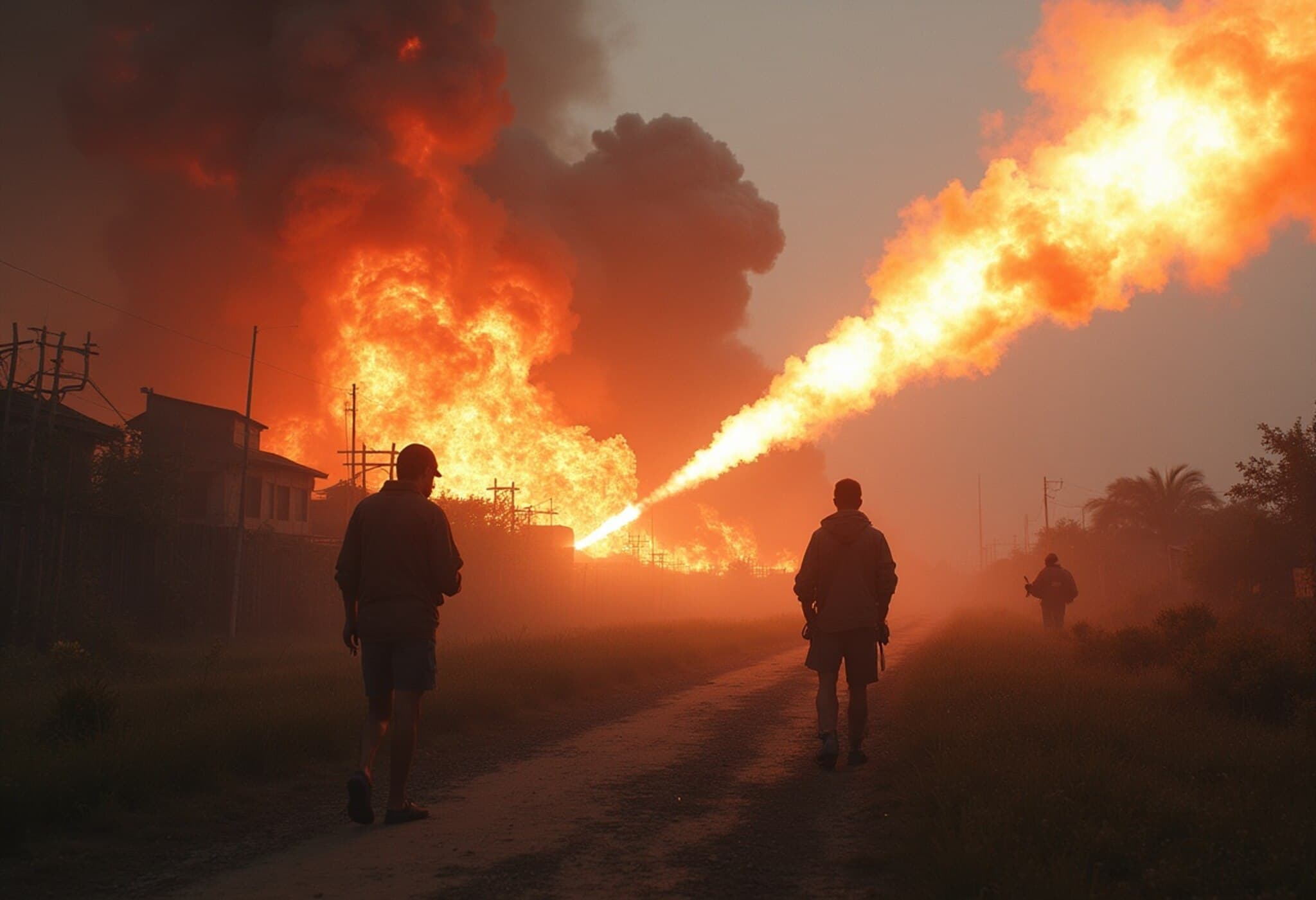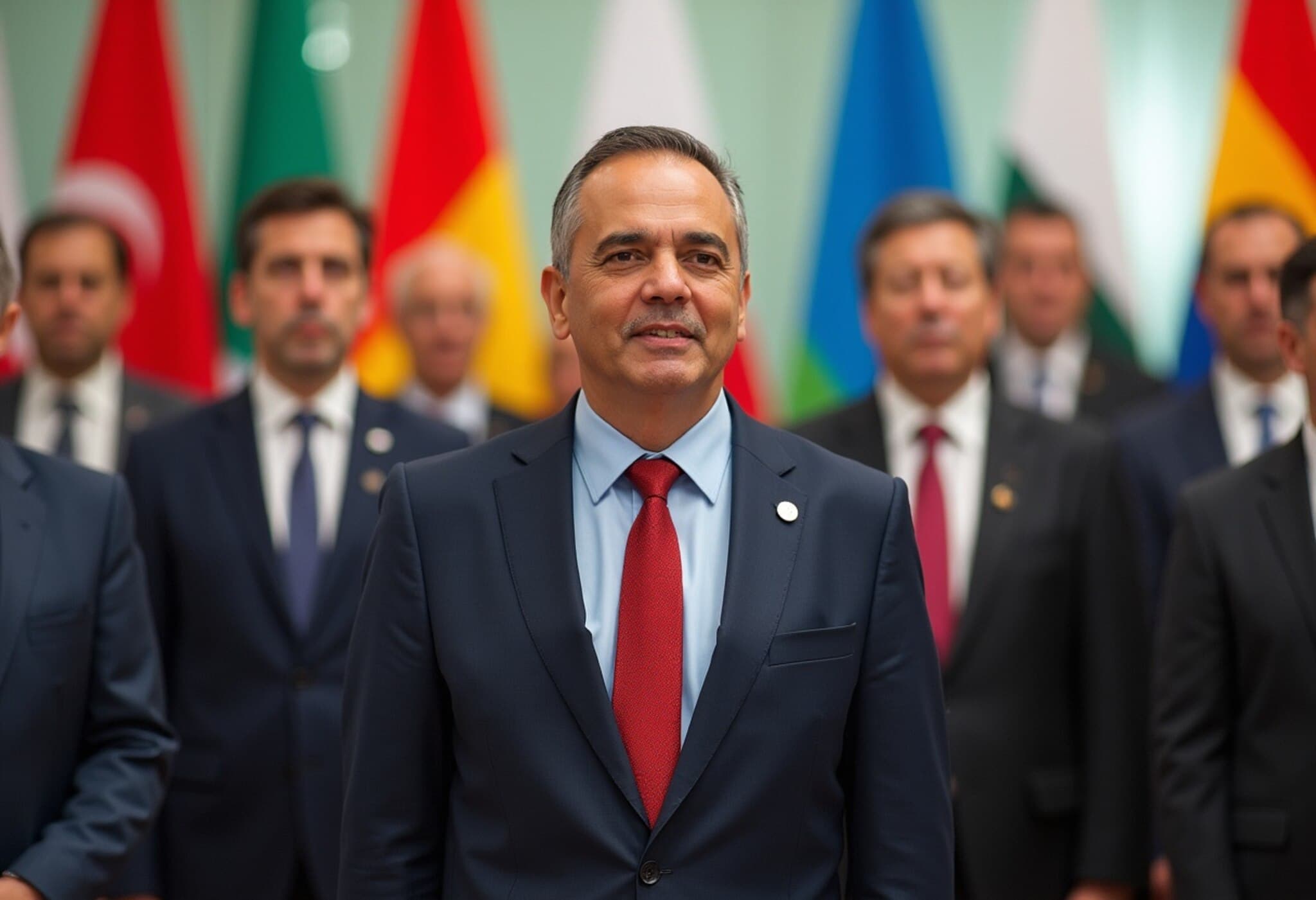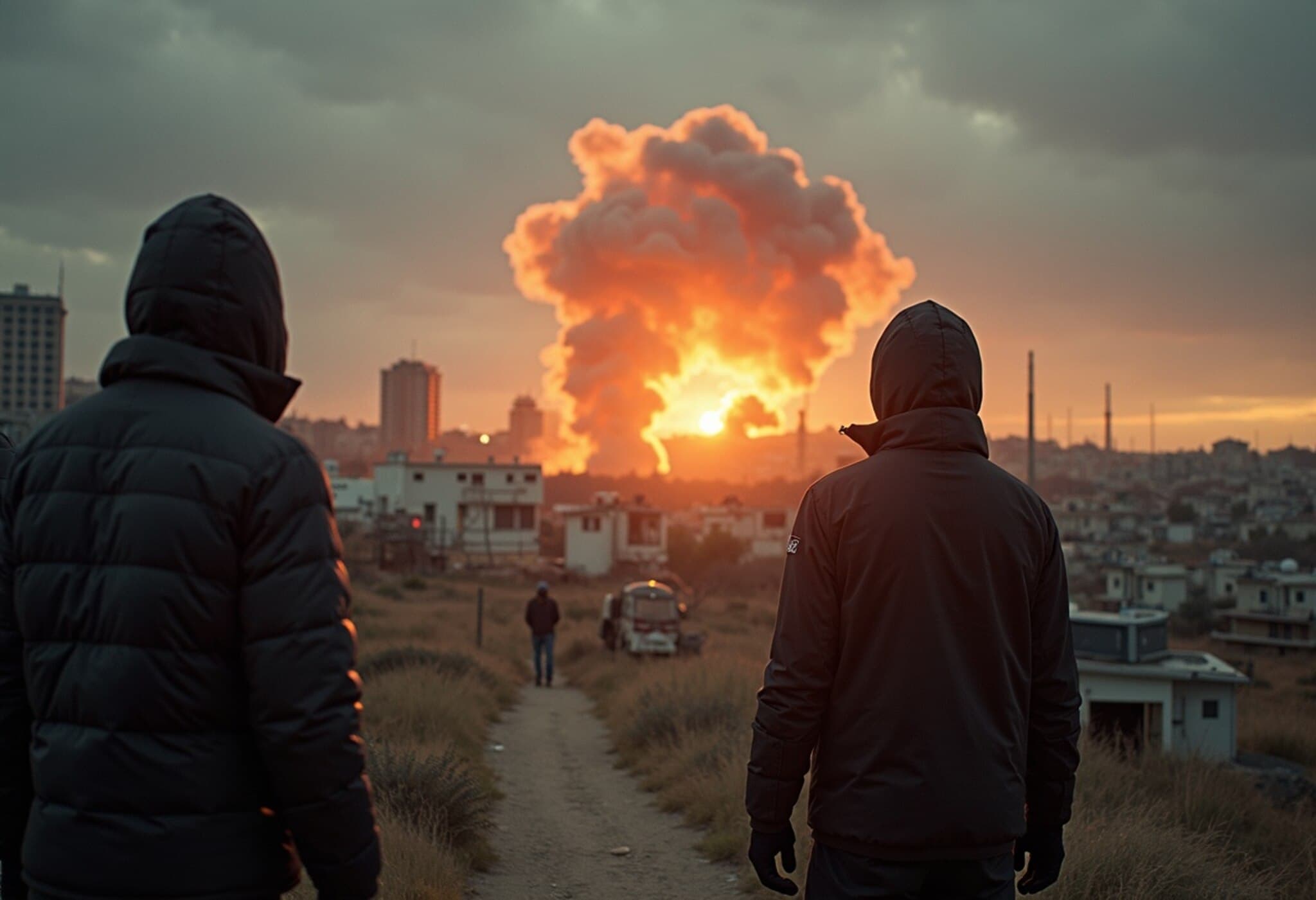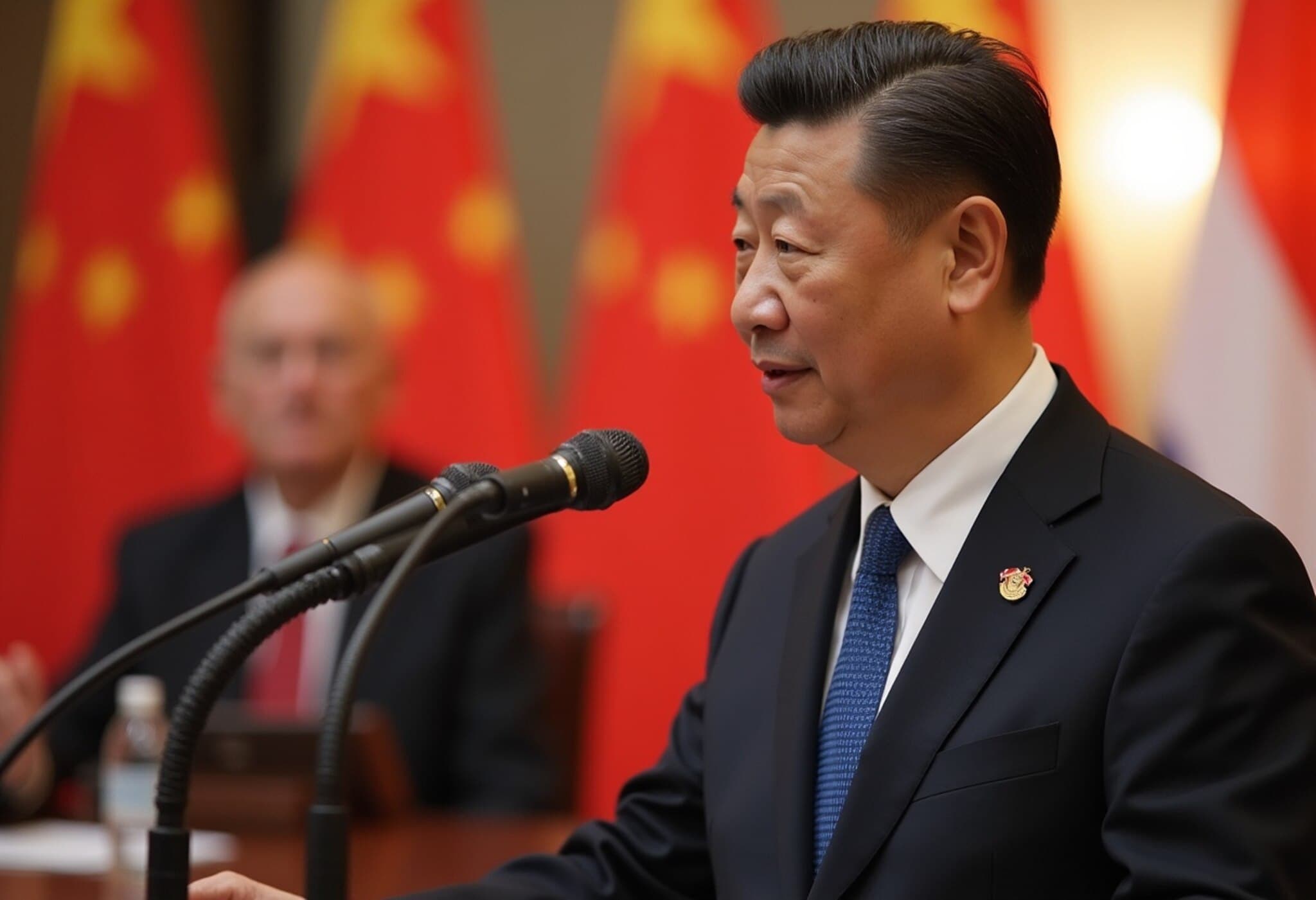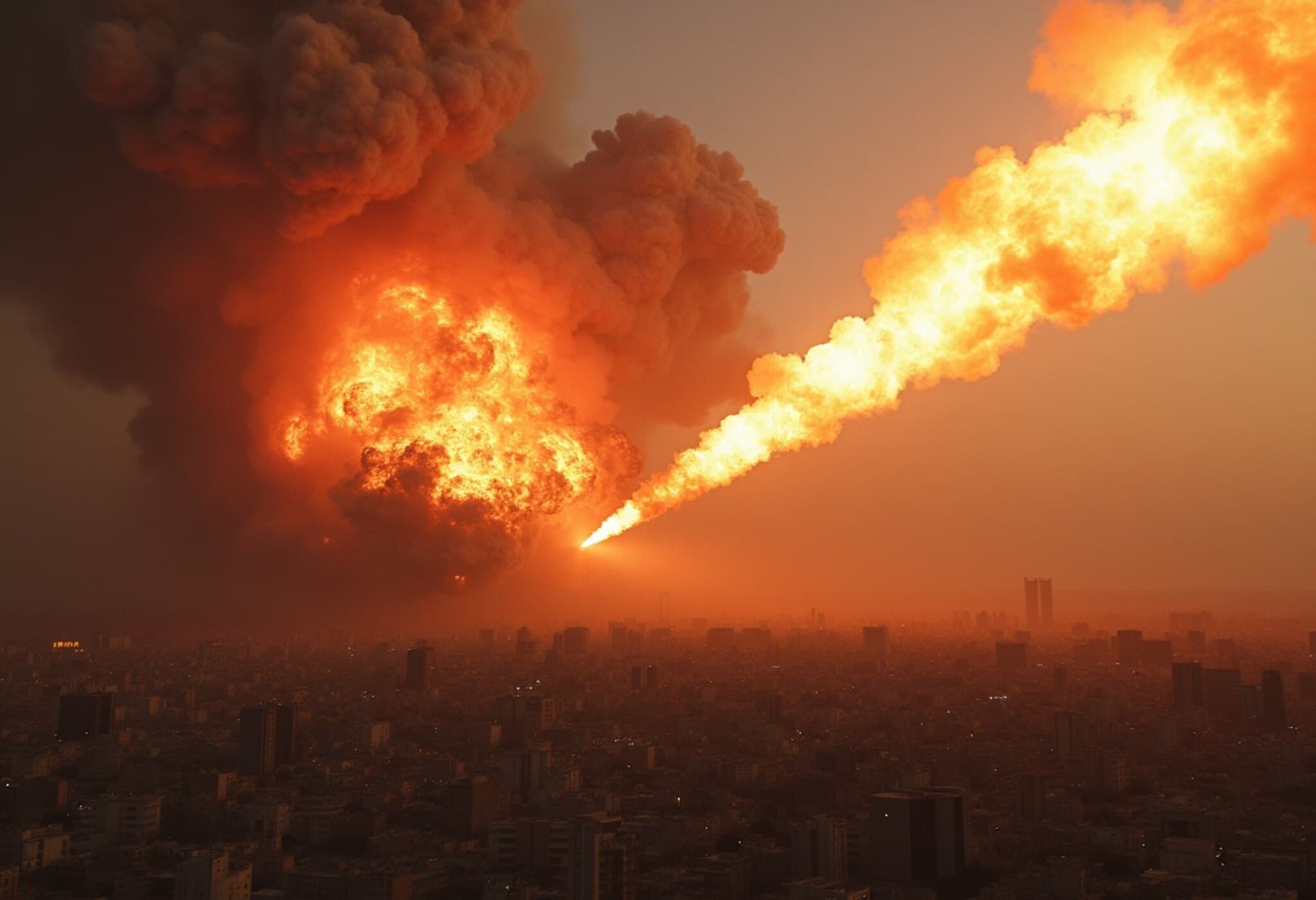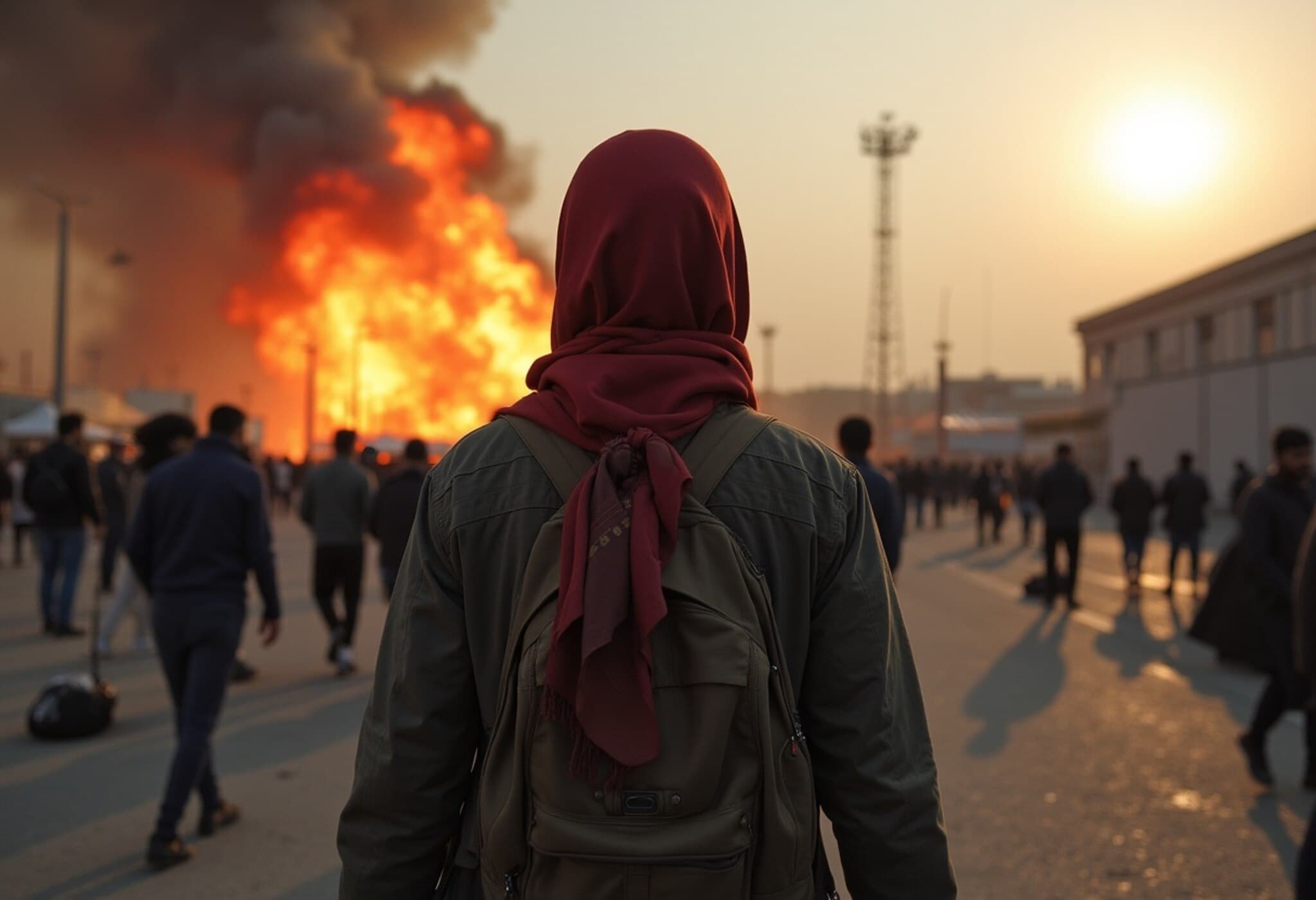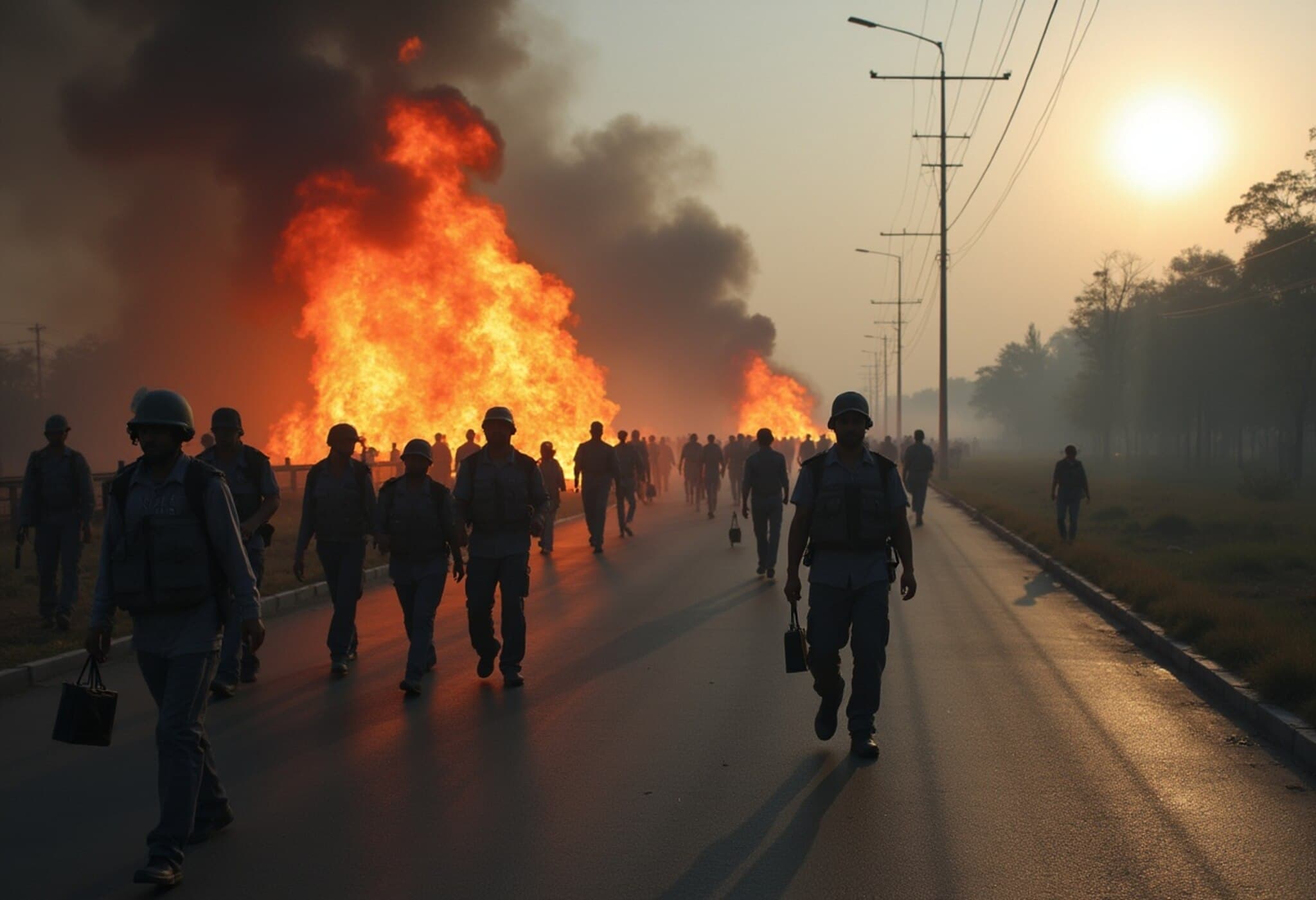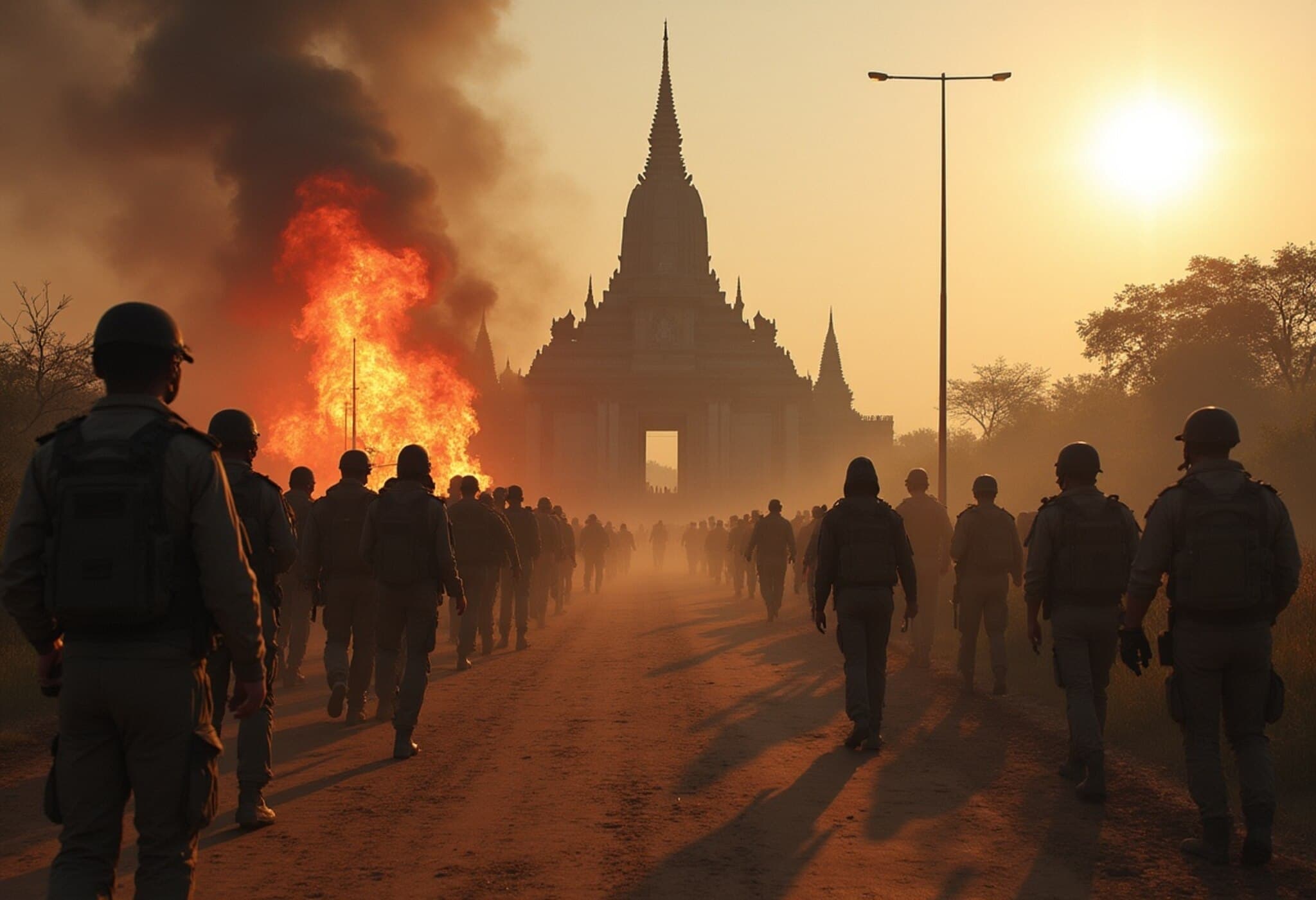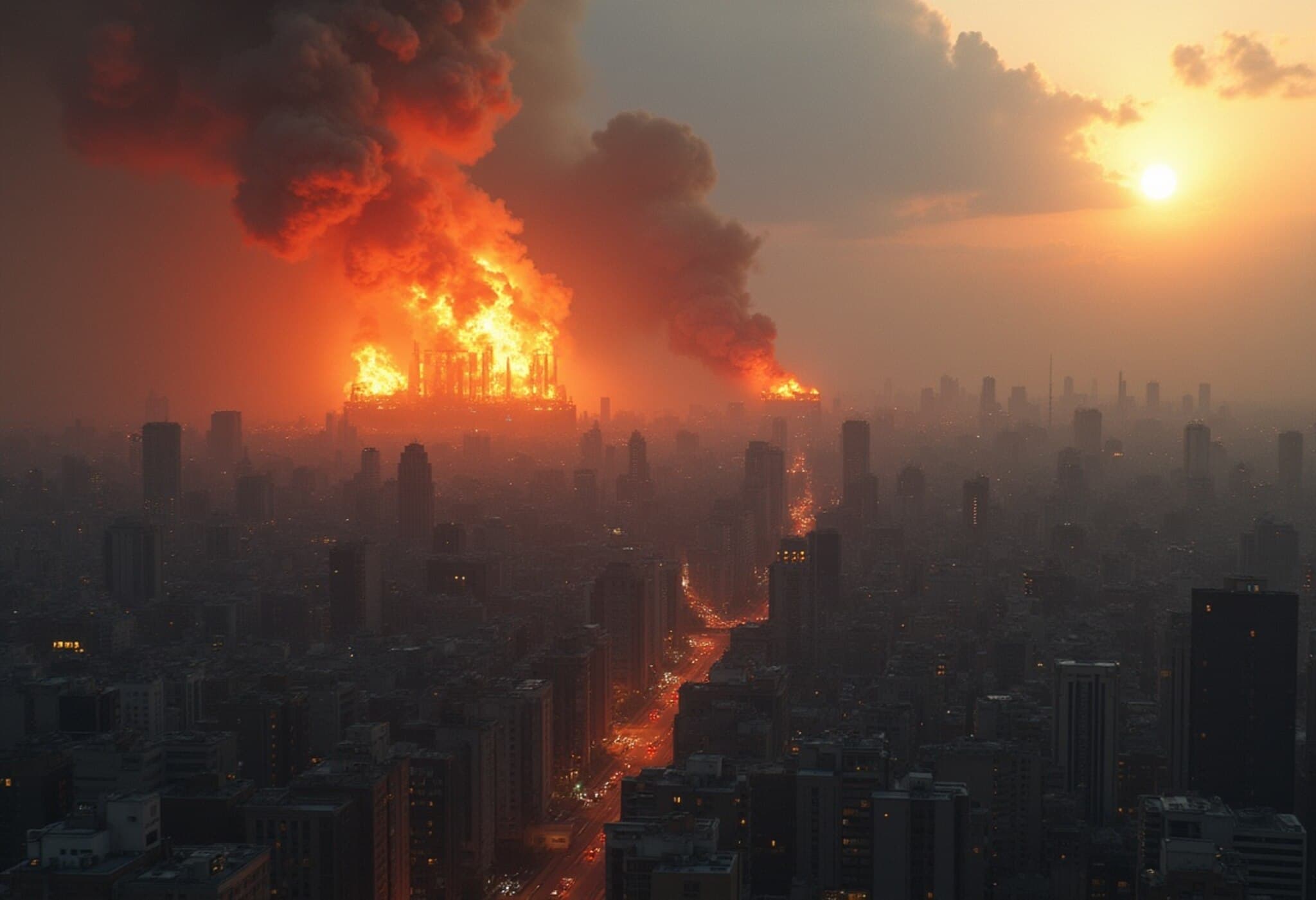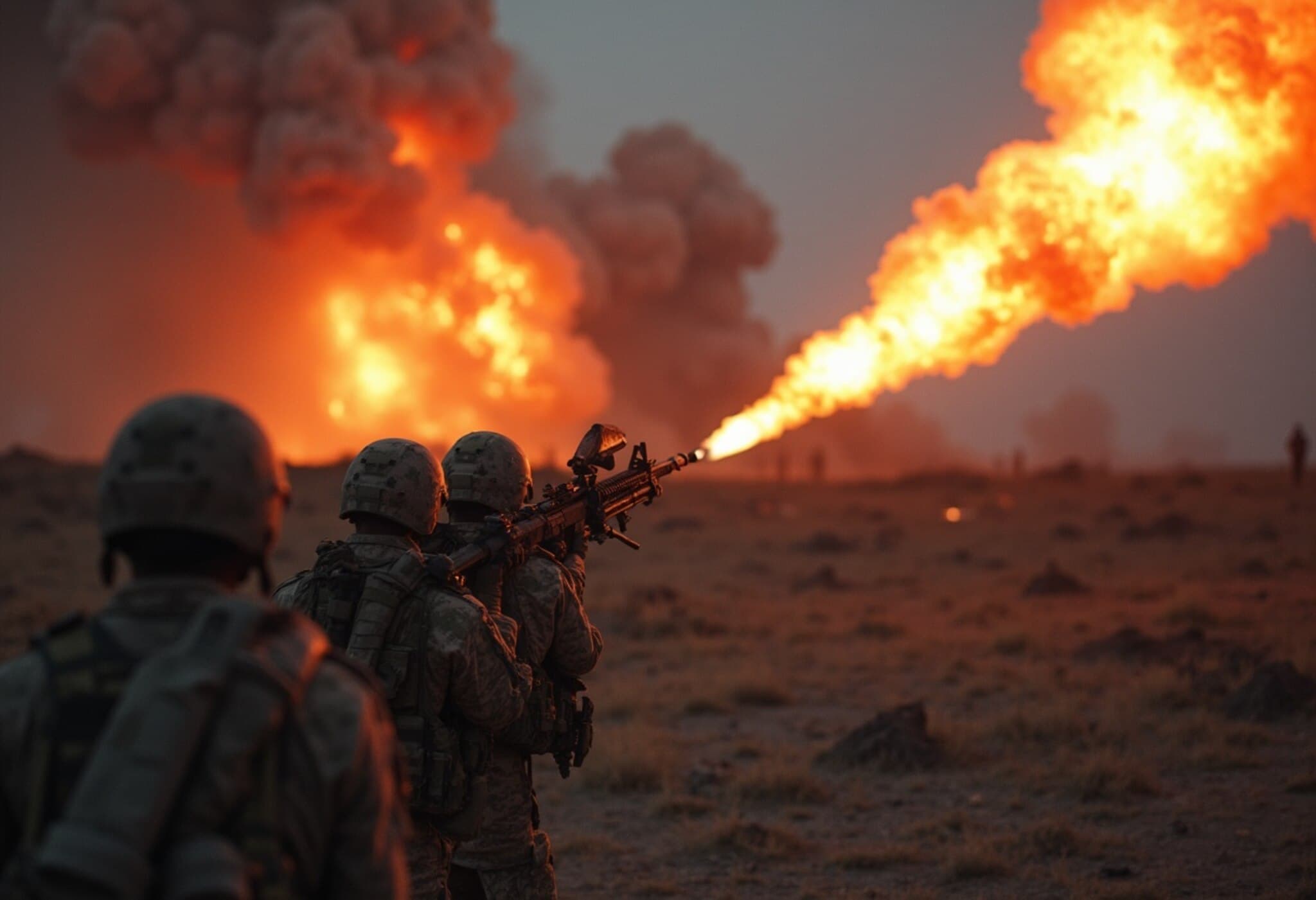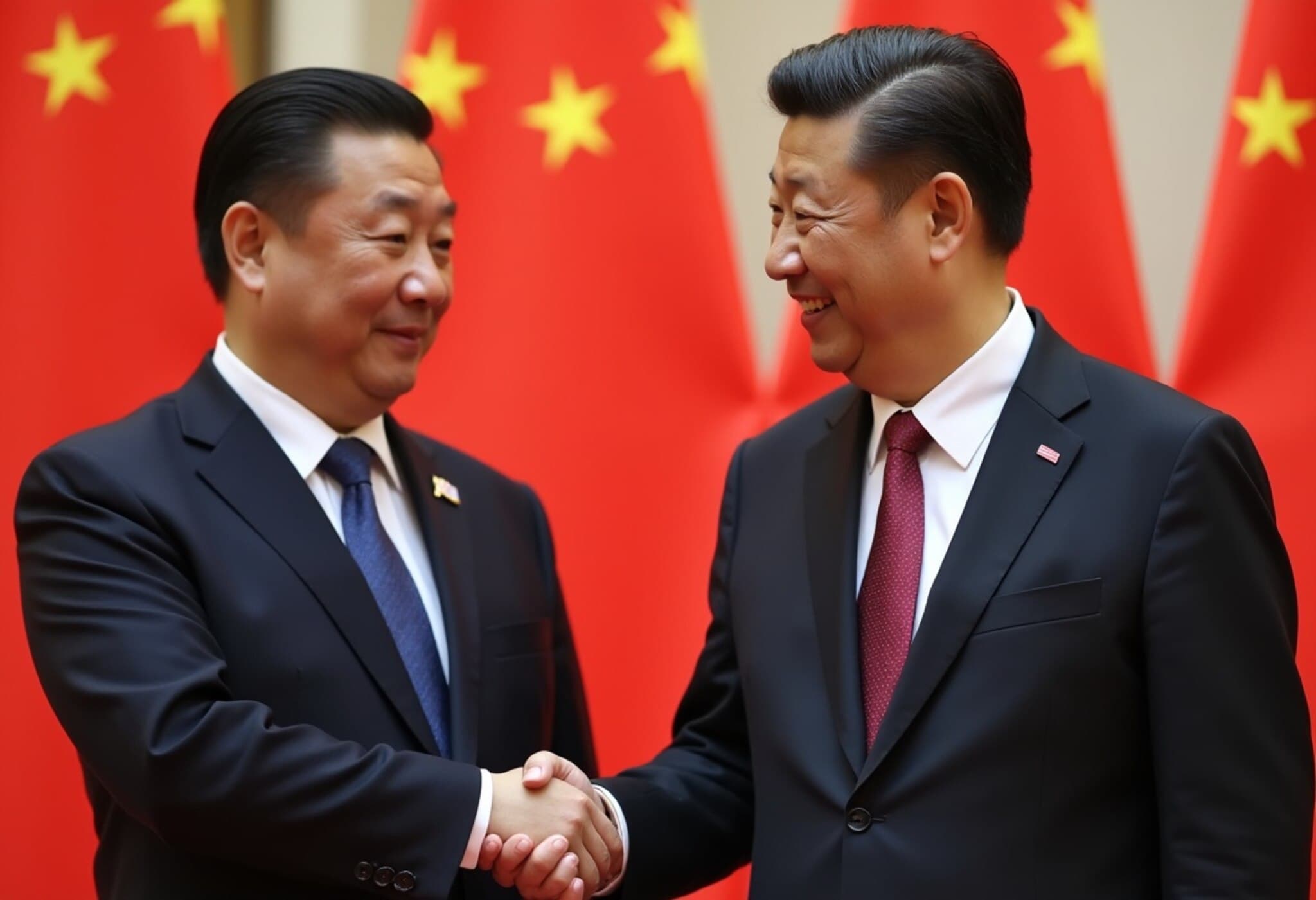Rising Tensions on the Cambodia-Thailand Border Prompt UN Intervention Call
Border disputes between Cambodia and Thailand, fraught with decades of historical tension, spiraled into violent clashes once again on July 24, 2025. The latest flare-up has prompted Cambodian Prime Minister Hun Manet to call for an urgent United Nations Security Council (UNSC) meeting to address the escalating hostilities.
Recent Violence: Rocket Strikes and Air Attacks
The border area known as the Emerald Triangle—where Cambodia, Thailand, and Laos converge and which is culturally significant due to its ancient temples—has witnessed renewed exchanges of artillery and rocket fire. Early on July 24, Phom Penh’s forces launched rockets and artillery into Thai territory, resulting in civilian casualties. In retaliation, the Thai military scrambled F-16 jets and conducted airstrikes back into Cambodia.
According to Thai authorities, Cambodian rocket attacks have injured three civilians and killed none on their side in this latest incident; meanwhile, Cambodia alleges that Thai aggression has killed a civilian and wounded others, including a five-year-old child.
Accusations Fly Amid Cross-Border Clashes
The animosity between these neighboring nations intensified with mutual accusations. Cambodia condemned Thailand for "inhumane, brutal, and war-hungry" actions, while Thailand blamed Cambodia for escalating tensions through unprovoked military aggression.
Prime Minister Hun Manet appealed directly to the UNSC: in a letter to the council’s current president, Asim Iftikhar Ahmad, he emphasized the "extremely grave aggressions" instigated by Thailand, which pose a severe threat to regional peace and stability.
Historical Context and Regional Implications
The border dispute is far from new. Violent confrontations in the Emerald Triangle have occurred intermittently for over 15 years, notably flaring into deadly clashes in the early 2010s and again in May 2025, when a Cambodian soldier lost his life in a firefight along the border.
The area’s complex history and geopolitical significance underscore the delicate nature of sovereignty, national pride, and regional diplomacy between Cambodia and Thailand. The current escalation poses risks not only to civilian safety but also to the broader stability of Southeast Asia.
International Reactions: Calls for Dialogue and Safety Measures
China, the region’s influential power and traditional ally to Cambodia, has expressed concern, issuing advisories to its citizens residing in Cambodia amidst the conflict. Foreign Ministry spokesperson Guo Jiakun urged both sides to resolve their issues through "dialogue and consultations," stressing the importance of de-escalation.
The United States and ASEAN countries, while not directly involved, will likely watch closely, given their vested interest in maintaining peace and stability in Southeast Asia, especially amid rising great-power rivalry in the region.
Human Cost and Broader Questions
At the heart of this confrontation are the civilians who live along this disputed border—a community caught in a dangerous geopolitical tug-of-war. Reports of injuries and fatalities, including children, highlight the urgent need for de-escalation and protection of non-combatants under international humanitarian law.
This ongoing conflict also raises critical questions about the effectiveness of bilateral diplomacy and the role of international institutions like the UNSC in mitigating longstanding regional disputes involving historical land claims and cultural heritage sites.
What Lies Ahead?
- UN Security Council Response: Whether the UNSC will convene promptly and how member states might respond remains uncertain.
- Diplomatic Efforts: Increased pressure for Cambodia-Thailand talks, possibly mediated by ASEAN or neutral parties.
- Regional Stability: The outcome impacts broader Southeast Asian peace, especially with overlapping disputes in the South China Sea and other flashpoints.
- Humanitarian Concerns: Addressing the safety and welfare of border communities amid military confrontations.
Editor’s Note
While the Cambodia-Thailand border dispute often captures international headlines during flare-ups, the deeper narratives remain underexplored. Why have these historical tensions resisted numerous peace attempts? What role do national identity, economic interests, and regional alliances play in fueling or mitigating conflict? As the UNSC gears up to consider this urgent matter, the world watches not just military postures but the resilience of diplomacy, the protection of vulnerable civilians, and the quest for a peaceful resolution in a historically complex region.
Understanding this conflict requires appreciating both the nuanced historical grievances and the geopolitical chessboard in Southeast Asia—elements that shape the lives of millions and the stability of a vital region on the global stage.

